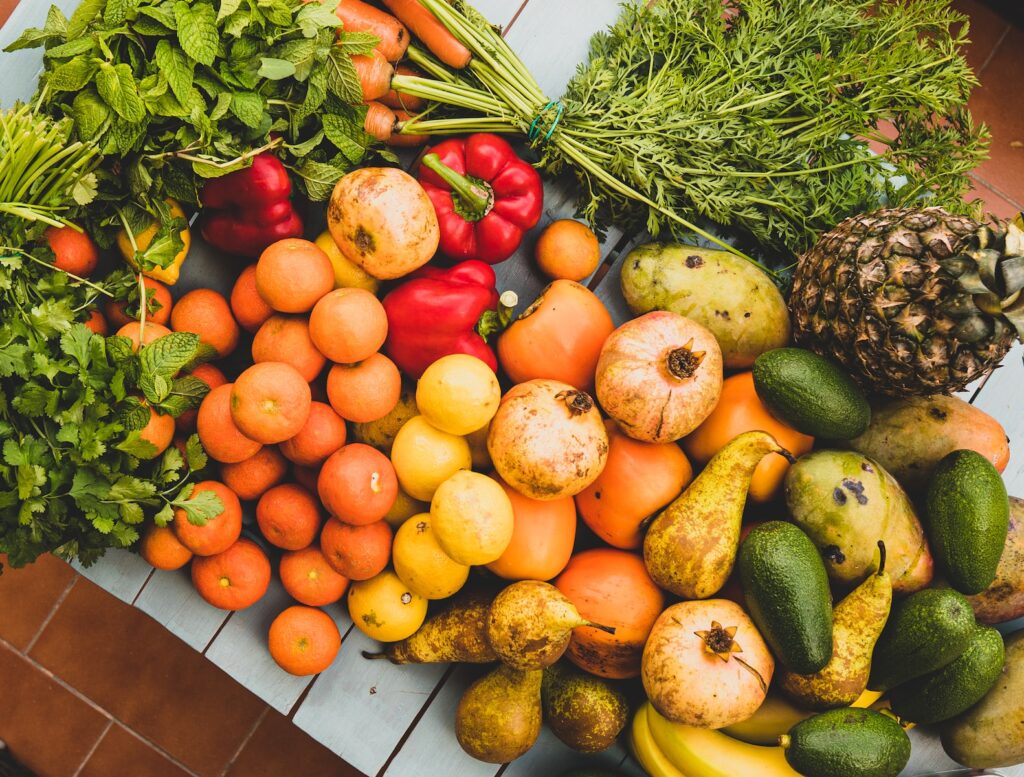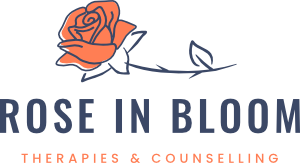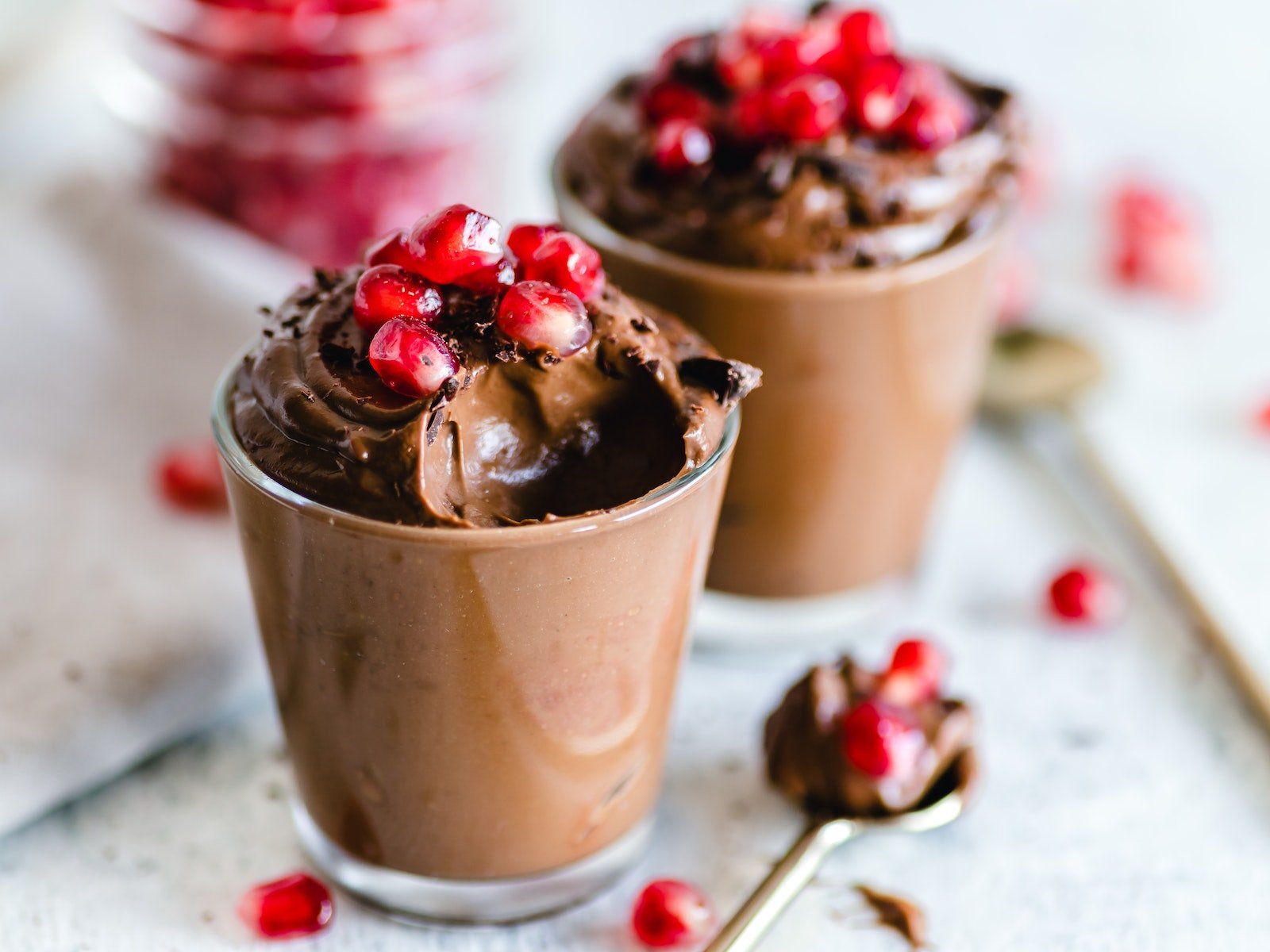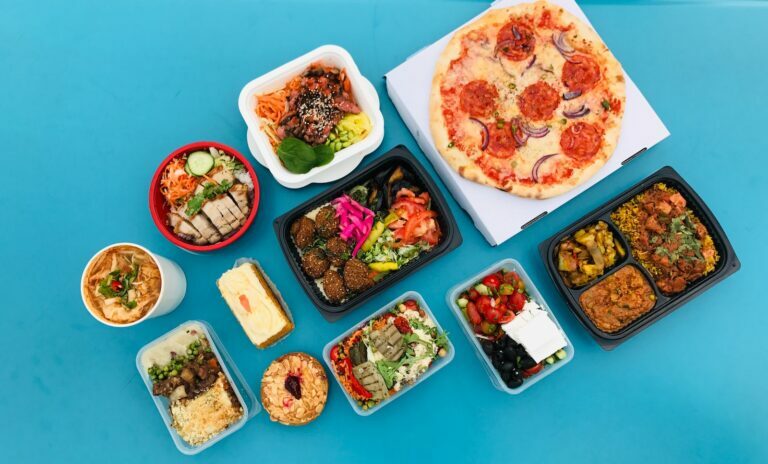Discover the impact of sugar dependency on your brain, learn to differentiate between natural and processed sugars, and explore ways to control sugar dependency and cravings.
What’s the Big Deal about Sugar?
We all savour a sweet treat from time to time. From a delectable slice of cake to an effervescent fizzy drink, sugar often plays a starring role in many of the foods and drinks we relish. Our brains seem predisposed to crave these sugary delights, making it a challenging task to resist them.
However, overindulging in sugar can lead to more than just physical health issues like weight gain, obesity, type 2 diabetes, and tooth decay. It can also give rise to mental health concerns, including addiction in the form of sugar dependency. This is particularly prevalent when we use sugar and food as coping mechanisms to deal with underlying mental health issues such as PTSD or bereavement to name but a few.
Speaking from my own experiences, I found myself leaning on sugar as a crutch to cope with the profound loss of my beloved husband. It became a sweet solace, a momentary escape from the heartache that seemed all-encompassing. I understand, then, how easy it can be to fall into this comforting yet ultimately harmful cycle.
This experience fuels my passion for this subject and my desire to help others navigate the complex relationship with sugar. I wish to share my insights and learnings through this article and the forthcoming series, aiming to shed light on the hidden facets of sugar dependency.
The Science Behind Sugar Cravings
The reason our bodies crave sugar has to do with biology. Glucose, a type of sugar, is the main fuel source for the cells in our body, including our brain cells. When we consume sweet foods, our brain’s reward system gets activated, releasing dopamine, a brain chemical associated with pleasure and reward. This mechanism has evolved over time because sugary foods are excellent sources of energy, and beneficial for our survival as a species.
See also Now offering Face to Face counselling and therapy session at TherapEast, Barkingside.
However, repeated activation of this reward pathway by consuming a lot of sugary foods can lead to changes in the brain, similar to addiction. This can cause us to need to consume more sweet foods to experience the same rewarding feeling and develop a sugar dependency.
The Impact of Sugar on the Brain and Body
When we consume sweet foods, our brain’s reward system, called the mesolimbic dopamine system, gets activated. Dopamine is a brain chemical that signals that an event is positive. This reinforcement makes it more likely for us to repeat these actions.
However, repeated activation of this reward pathway can lead to a sort of tolerance, meaning we need to eat more sweet foods to get the same rewarding feeling. This is a classic feature of addiction. Moreover, high-sugar diets can alter inhibitory neurons in the prefrontal cortex, an area of the brain involved in decision-making, impulse control, and delaying gratification. This alteration can make it more difficult to resist cravings.
Excessive sugar intake and sugar dependency can also negatively impact memory formation by reducing newborn neurons in the hippocampus, a key memory centre, and increasing chemicals linked to inflammation.

Different Types of Sugar: Natural, Added, and Refined
Not all sugars are created equal. Natural sugars are those that occur naturally in foods like fruits, dairy products, and whole grains. These sugars are considered safe to consume because they’re digested slowly, preventing rapid blood sugar spikes.
It’s well-known that sweets, cakes, and fizzy drinks contain sugars, but the truth is that sugar sneaks into many foods where you might not expect it. Often, manufacturers add sugar to processed foods, sometimes even replacing fats, to boost flavor and appeal. Therefore, it’s important to be vigilant about what we’re actually consuming.
- Savory snacks: Many packaged snacks like crisps or crackers can have added sugar to enhance their taste.
- Salad dressings: It may be surprising, but many salad dressings, especially low-fat and fat-free versions, contain sugar to improve their flavor.
- Bread: Some types of bread, particularly commercial brands, can contain added sugar.
- Yogurt: While yogurt is often seen as a healthy choice, flavored varieties often contain quite a bit of added sugar.
- Pasta sauces: Many pasta sauces have sugar added to them to balance out the acidity of the tomatoes.
- Condiments: Ketchup, barbecue sauce, and other condiments often contain high levels of added sugar.
- Canned vegetables and fruits: Some canned or jarred fruits and vegetables have sugar added to preserve color and taste.
- Virtually anything “low-fat” or “fat-free”: Food manufacturers add sugar to replace the flavour lost from removing fats which are often better for you.
How to Cut Down on Sugar and Protect Your Brain:
The World Health Organisation advises that we limit our intake of added sugars to five per cent of our daily calorie intake, which is roughly 25g or six teaspoons. This might require a significant dietary change for many people. The brain’s neuroplasticity capabilities allow it to reset to an extent following cutting down on dietary sugar.
Physical exercise can augment this process, and foods rich in omega-3 fats, like fish oil, nuts, and seeds, can boost brain chemicals needed to form new neurons. It’s also crucial to focus on whole foods like lean proteins, vegetables, fruits, whole grains, nuts, beans, and seeds, which digest more slowly and keep blood glucose levels stable
Overcoming Sugar Dependency
Despite these challenges, it’s possible to reduce our sugar consumption and overcome sugar dependency by building healthier eating habits. In forthcoming blog articles we will discuss some of the ways to do just that, so make sure to subscribe on the form below to be notified of new posts!
If you’re struggling with sugar dependency, consider signing up to my Sugar Dependency Coaching Programme designed to help you understand your cravings, develop healthier eating habits, and ultimately empower you to move forward in healthier ways. I use a holistic approach and support you throughout your journey towards wellness and healing.


